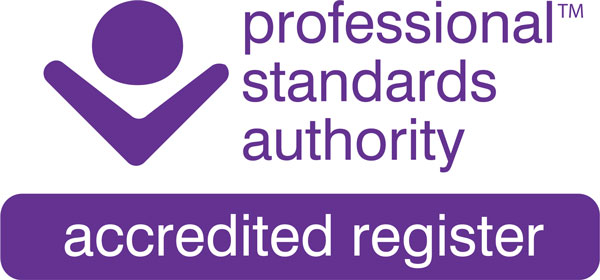What’s different about the human givens approach to therapy?
People often ask how the human givens (HG) approach differs from other therapeutic approaches. When the Professional Standards Authority first assessed the HGI register for accreditation, they did too. This is what we told them.
The human givens approach – which was developed 25 years ago – derives from the understanding that, when essential emotional needs are met and our innate mental resources are used correctly, a human being will be emotionally and mentally healthy. Essential psychological needs identified over decades of work by health and social psychologists include needs for autonomy, sense of control, security, connection, attention, achievement, status and meaning. Innate resources, much studied by neuroscientists, include our abilities to learn from experience, plan, judge, imagine, relate one thing to another, empathise, develop a moral sense, remember, etc.
It is when emotional needs are not adequately met, or are met in unhealthy ways, or when innate resources are damaged for some reason, or are unintentionally misused, that undesirable mental states such as anxiety, anger, depression, addiction and psychosis develop. For instance, misuse of the imagination – to conjure up worst possible or threatening scenarios – is a common feature of all these states.
For instance, someone who is bereaved may seek to mask their sadness through drinking, and then try to mask the drinking by withdrawing from activities and friendships, resulting in depression; similarly, someone who is laid off work with a back injury may, wrongly, become frightened to take any exercise and, as a result, not only lose companionship at work but cease to take part in previously enjoyed physical activities, resulting in increased physical disability, isolation and depression. While the symptoms of depression in such scenarios are important as guides, it is the learning of coping skills and making specific life changes that will shift the depression.
To achieve this end – and to help with any other presenting problem – human givens therapists draw from the essence of a variety of tried and tested therapeutic methods (such as cognitive therapy, behavioural therapy, interpersonal therapy, solution focused approaches, motivational interviewing, reflective listening and hypnotherapy) as well as the latest neuroscientific findings and new insights derived from the HG approach which increase our knowledge of what it means to be human and our understanding of what people need to maintain emotional wellbeing.
Thus, assistance in changing unhelpful thinking styles (cognitive) will be just one part of a holistic process that involves, usually all in one session, giving psychoeducation (explaining the experience of anxiety and depression in a way that normalises it and takes the fear out of it – this includes an understanding of the role of dreaming in depression); helping clients take a different perspective on their situation (through the use of reframing, metaphor and storytelling); problem solving (helping clients recognise times when they are not experiencing problems, what is different about those times, and how they can build on that); teaching whatever skills are required (for instance social skills, communication skills, assertiveness skills); and rehearsing making desired changes successfully (through guided imagery).
It is a practical, forward-focused approach, which concentrates on mastery of skills and understandings that people can use in the future to move on in their lives, rather than concentrating on, and being stuck in, what went wrong in the past. This is the case even if people have suffered horrific traumatising events – all human givens therapists are taught a reliable, evidence-based method for detraumatising people, which in most cases works in one session.
Thus – instead of being reliant on one ‘model’ of therapy – the human givens approach is fluid and flexible, making use of whatever techniques and approaches will best suit the particular client being worked with, and all within the guiding framework of helping clients meet missing emotional needs and use innate mental resources in the healthiest ways possible.
The success of this fluidity of approach is evidenced by research findings that show it helps an unprecedented three out of four clients achieve significant improvement or cure, usually in between one and six sessions.1
- Andrews, W P, Wislocki, A P, Short, F, Chow, D and Minami, T (2013). A 5-year evaluation of human givens therapy using a practice research network. Mental Health Review Journal, 18, 3, 165–76.

